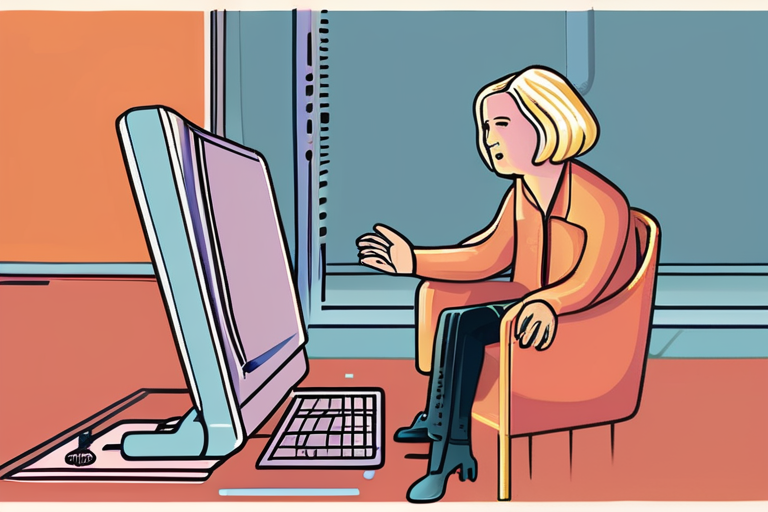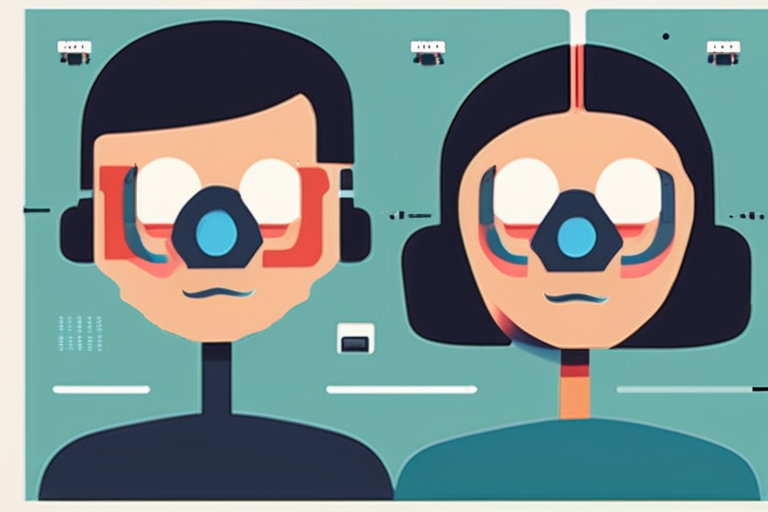Brené Brown Warns: Embracing Humanity May Be Our Only Hope Against AI's Dark Side


Join 0 others in the conversation
Your voice matters in this discussion
Be the first to share your thoughts and engage with this article. Your perspective matters!
Discover articles from our community

 Hoppi
Hoppi

 Hoppi
Hoppi

 Hoppi
Hoppi

 Hoppi
Hoppi

 Hoppi
Hoppi

 Hoppi
Hoppi

Looking for a Few Good AI Leaders - Are You Ready? As the world grapples with the rapid advancements in …

Hoppi

The Elusive AI Value: A Story of Promise and Peril As I walked into the sleek, modern office of a …

Hoppi

AGI and AI Superintelligence Predicted to Radically Fragment Society A recent theory posits that the development of artificial general intelligence …

Hoppi

AI Revolution: A Net Gain of 78 Million Jobs by 2030 The World Economic Forum's latest report has sparked debate …

Hoppi

AI's "Cheerful Apocalyptics": Unconcerned If AI Defeats Humanity A growing number of influential figures in the artificial intelligence (AI) community …

Hoppi

AI And The End Of Progress? Why Innovation May Be More Fragile Than We Think The rapid advancement of artificial …

Hoppi